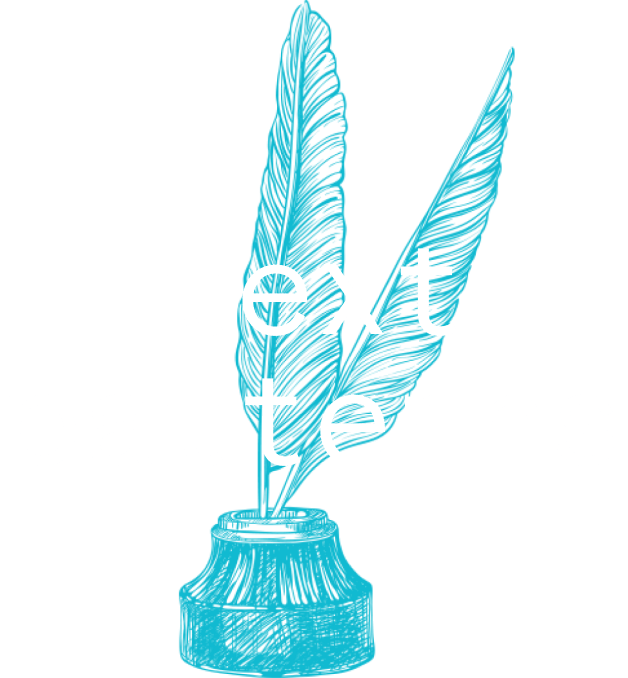August 3, 2009
touchstones
Over at the Guardian’s Books blog, Philip Hall is remembering the books that meant a great deal to teenagers of his generation. He’s thinking of books that weren’t just popular, but were intellectual touchstones for smart young people — books like Catch-22 and Siddhartha and Slaughterhouse-Five. (I don't know...

